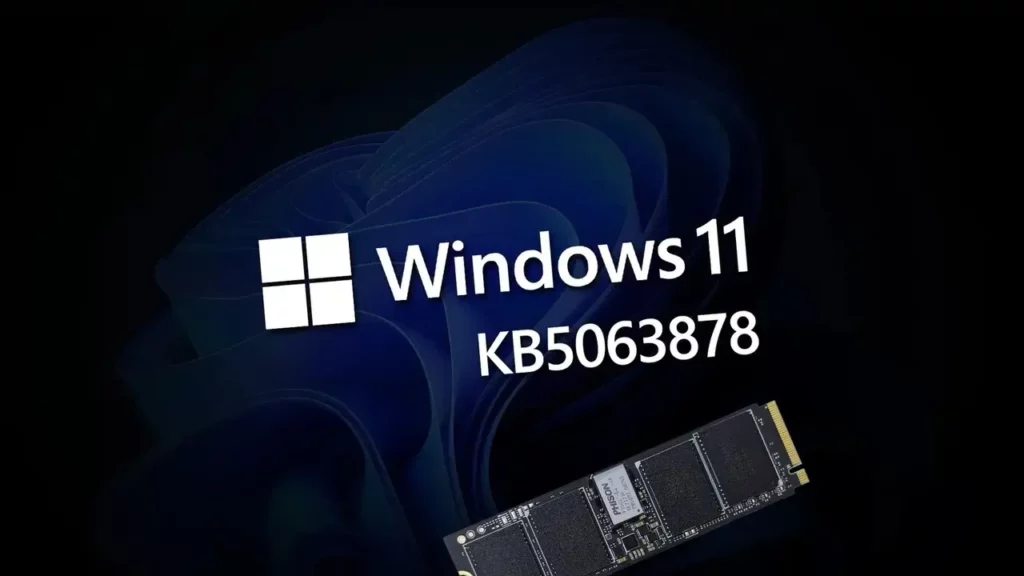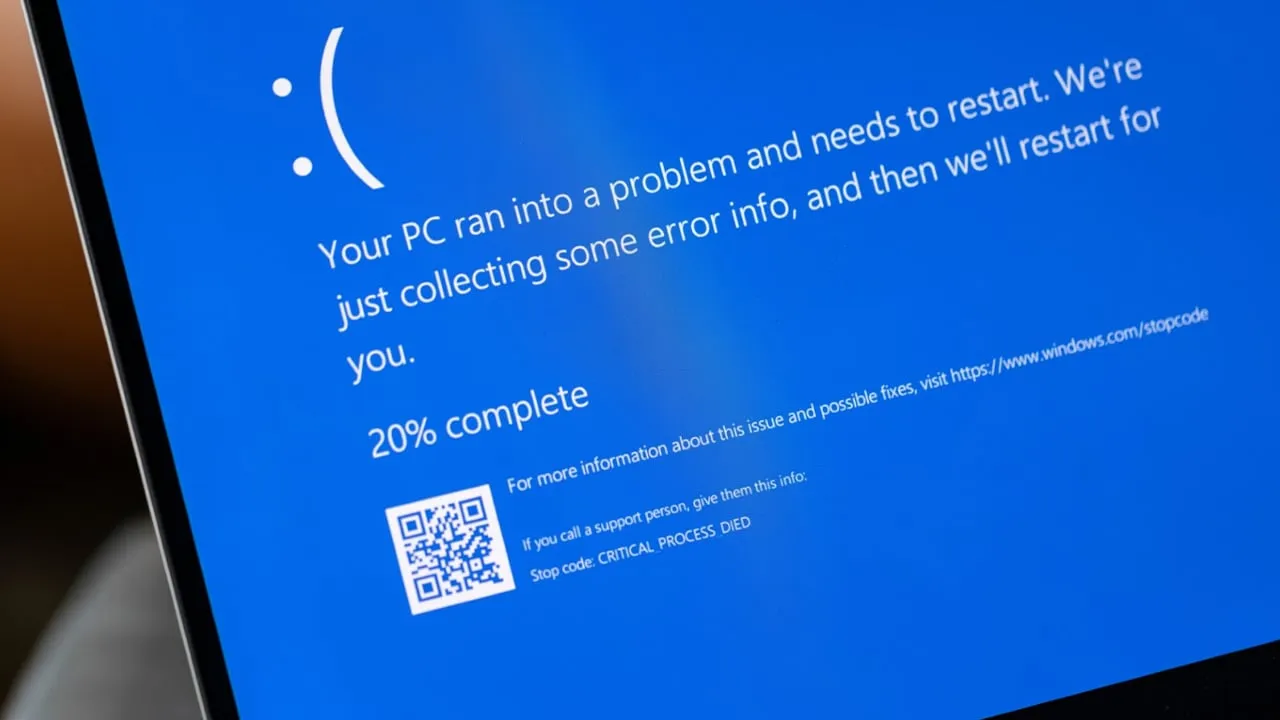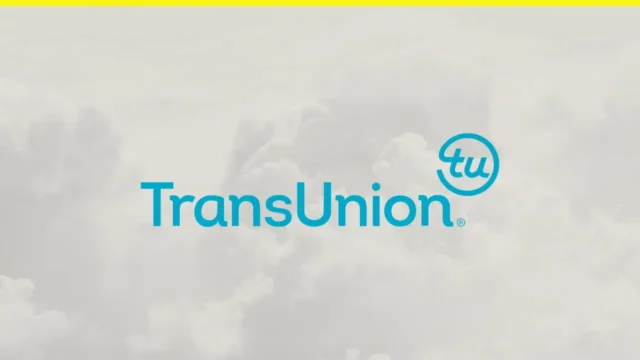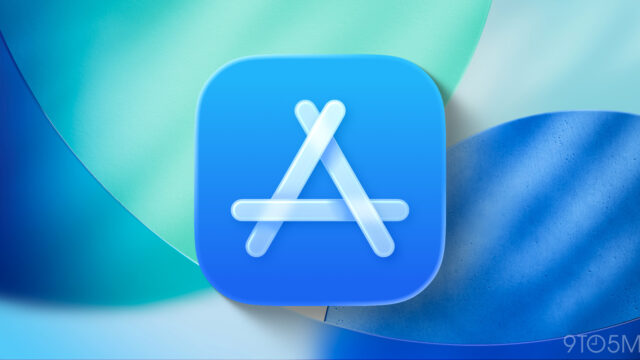After weeks of speculation and concern, Microsoft has confirmed that there’s no connection between its recent Windows 11 update and the reported SSD failures. What began as a viral warning has now been debunked by both Microsoft and SSD manufacturer Phison, putting the rumor to rest.
Windows 11 SSD bug doesn’t exist, says Microsoft

The scare began with a social media claim alleging that installing the August 2025 Windows 11 update could render SSDs undetectable. Specifically, the bug supposedly triggered when moving more than 50GB of data to a nearly full drive. Some feared data corruption. Others worried about a full-on drive failure.
Microsoft responded quickly, launching an investigation. After extensive internal testing, the company found no evidence that the update caused any harm to storage devices.
“After thorough investigation, Microsoft has found no connection between the August 2025 Windows security update and the types of hard drive failures reported on social media,” the company stated.
Phison’s 4,500 hours of testing found no issues
In parallel, Phison, the vendor behind the SSDs at the center of the original claim, ran over 4,500 hours of stress testing. Their results matched Microsoft’s: no failures, no errors, and nothing linking the bug to Windows.
This kind of dual confirmation offers rare clarity in a world where software issues are often hard to trace or reproduce.
Windows 11 SSD bug likely a setup-specific glitch
While the original post claimed extensive personal testing, no other users reported a similar bug. That suggests the issue was highly isolated, likely due to a rare hardware or software configuration, not a Windows-wide fault.
If you’re still feeling cautious about your SSD’s health, consider taking these quick steps:
- Use a SMART monitoring tool like CrystalDiskInfo
- Check for firmware updates from your SSD manufacturer
- Keep at least 20% of your drive free to avoid stress on the controller
- Back up data if your SSD is showing frequent slowdowns or errors
Microsoft stays alert, even when the panic is overblown
Although the SSD scare turned out to be a false alarm, Microsoft’s quick response shows that it’s still listening to user concerns even when those concerns originate from a single tweet. The tech may be solid, but the trust is built in moments like this.














